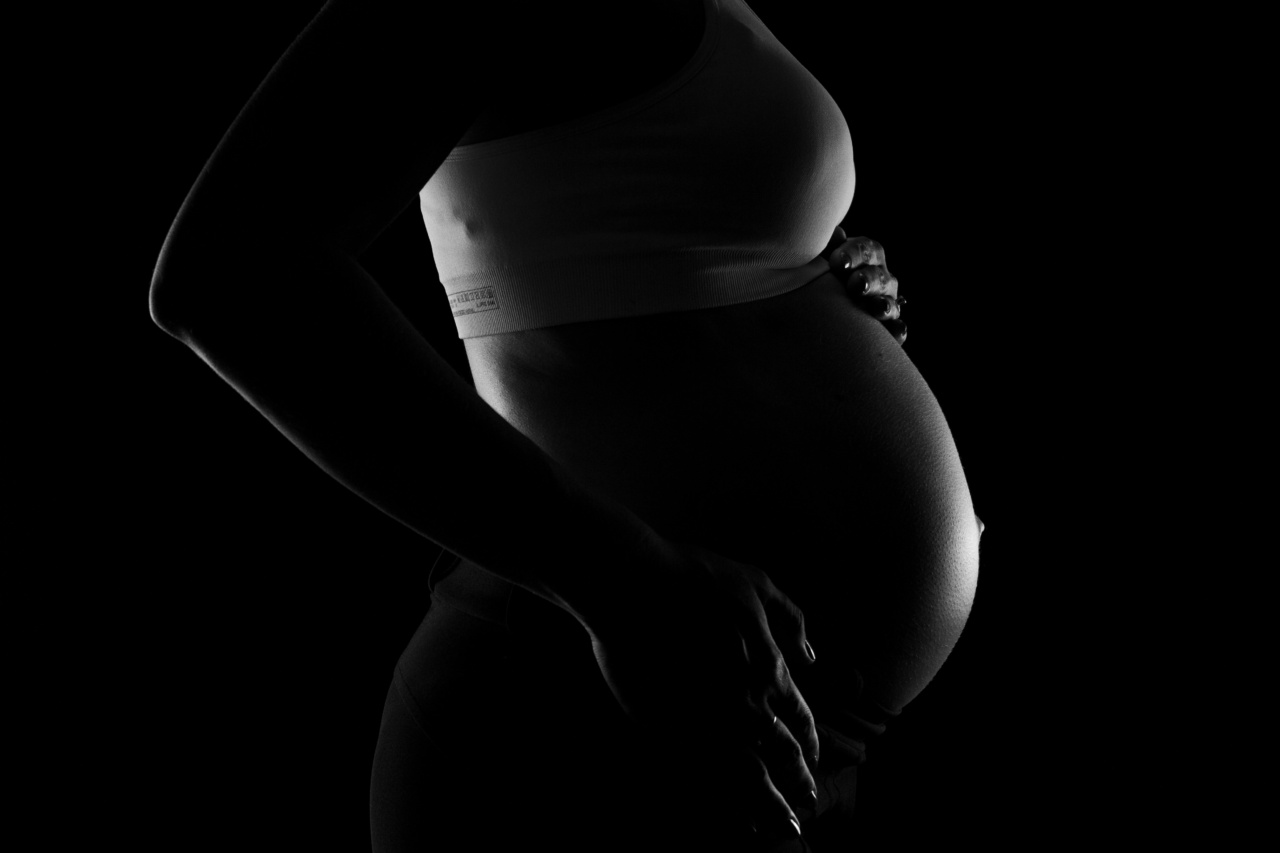Giving birth is a beautiful and rewarding experience, and it is natural for mothers to be curious about what to expect with their bodies after giving birth.
From physical changes in the body to emotional shifts, it is important to acknowledge and understand the postpartum transition. Here are some of the common things to expect after giving birth.
Physical Changes
1. Bleeding: After giving birth, women will experience a postpartum bleeding, also known as lochia. This discharge is made up of blood, tissue, and mucus from the uterus and can last for up to six weeks.
It is important to use sanitary pads and avoid using tampons or having intercourse until the discharge has stopped.
2. Breast Changes: Women will develop tender and engorged breasts after childbirth as the body begins to produce milk. This can lead to swelling, tenderness, and even pain.
Investing in a good nursing bra and using a warm compress can ease discomfort.
3. Vaginal Changes: The vagina may stretch during childbirth, leading to soreness and tearing.
Women are advised to take caution when sitting or standing for long periods in the days following delivery, as well as doing kegel exercises to improve vaginal tone and control.
4. Constipation: Some women may experience constipation in the days following delivery. This can be due to the hormonal changes and the effects of pain medication.
Drinking plenty of water and eating high-fiber foods can help relieve this discomfort.
5. Hair Changes: After giving birth, women may experience hair thinning or loss, as well as changes in hair texture. This is due to the fluctuation in hormones and should improve over time.
Emotional Changes
1. Baby Blues: It is common for women to experience mood swings, anxiety, and a sense of sadness after giving birth. This is known as baby blues and can last for up to two weeks.
It is important to seek support and talk to healthcare providers about any concerns.
2. Postpartum Depression: Postpartum depression is a more severe form of baby blues that can develop within the first year after childbirth. Symptoms include persistent sadness, trouble sleeping, lack of appetite, and extreme fatigue.
Mothers experiencing postpartum depression should seek immediate medical attention.
3. Fatigue: Fatigue is common after childbirth due to the physical and emotional demands of caring for a newborn.
Women are advised to nap when the baby sleeps and to reach out to support networks for help with household chores and errands.
4. Body Image Changes: Some women may feel self-conscious about their bodies after giving birth. It is important to give yourself time to heal and to focus on self-care rather than strict physical standards.
Rest and Recovery
1. Sleep: Getting enough sleep is crucial for postpartum recovery. Taking naps during the day and developing a sleep schedule can help new mothers get enough rest to properly heal.
2. Exercise: While exercise is not recommended immediately after giving birth, gentle exercises such as walking and pelvic floor exercisers can help with postpartum recovery.
3. Nutrition: Eating a healthy and balanced diet is crucial for postpartum recovery. It is recommended that women consume plenty of protein, fiber, and iron in order to help with wound healing and fatigue.
4. Hydration: Drinking enough water is important for postpartum recovery and can help with constipation and fatigue.
5. Follow-Up Appointments: Postpartum follow-up appointments with healthcare providers can help women monitor their physical and emotional health, as well as any concerns related to their recovery.
Conclusion
After giving birth, women can expect to experience a range of physical and emotional changes. It is important to remember that these changes are normal and that with time and self-care, the body will heal.
Understanding what to expect and seeking support when needed can make the postpartum journey a positive and empowering one.































